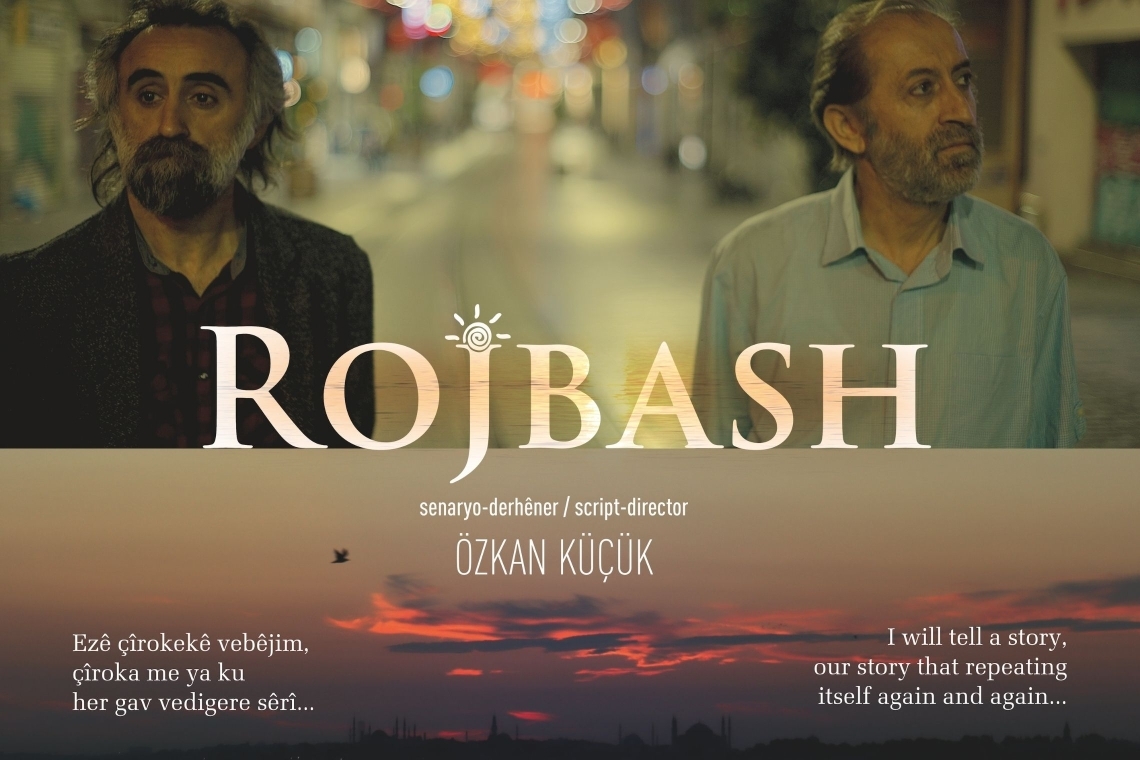DENİZ TEKİN
Turkey’s Ministry of Culture and Tourism has blocked the release of the film Rojbash, produced by Özkan Küçük, which tells the story of a group of Kurdish actors reuniting after 25 years. The ministry deemed the film "unsuitable for commercial circulation." In response, the Media and Law Studies Association (MLSA) filed a lawsuit in Ankara Administrative Court, seeking to overturn the decision and halt its enforcement. Director Özkan Küçük vowed to fight the ruling, saying, "We will pursue our right to show the film in cinemas through the courts."
The Cinema Films Classification and Evaluation Board, under the Ministry of Culture, made the decision following Küçük’s application to classify the film for distribution. The board ruled that Rojbash, meaning "Hello" in Kurdish, was not suitable for commercial screening. In response, the MLSA is challenging the decision, arguing that it violates artistic freedom.
The film, which took Küçük six years to complete, follows a group of Kurdish actors reuniting to perform a Kurdish play titled Rojbash after 25 years apart. The majority of the film is in Kurdish, and the actors portray themselves, highlighting the difficulties they face. The film also explores how repression against the Kurdish language has persisted over the years.
Küçük criticized the ministry’s decision, stating that the film not only addresses evolving friendships and political changes in Turkey but also shines a light on issues that remain unresolved, particularly those facing Kurdish theater. He said the movie offers a glimpse into the challenges faced by Kurdish theater from the 1990s to the present day.
MLSA Legal Director Veysel Ok, who filed the case, argued that the ban is part of a broader pattern of suppression against the Kurdish language. Ok pointed out that the ministry provided no justification for the ban, noting that the film, which is mostly in Kurdish, was rejected without proper review or translation. He emphasized that the primary reason for the ban was the use of the Kurdish language.
One of the film’s actors, Kemal Ulusoy, previously won a case at the European Court of Human Rights (ECHR) regarding the censorship of a Kurdish play. In 1999, a play titled Komara Dinan Sermola - Republic of Madmen performed by Ulusoy's theater group was banned by Ankara authorities. The ECHR ruled that Turkey had violated the performers' freedom of expression by banning the play because it was in Kurdish, and the court ordered Turkey to pay compensation.
Rojbash premiered at the Duhok International Film Festival in Iraq in December 2023 and had its European premiere at the Düsseldorf Kurdish Film Festival. The film was scheduled to be screened at other international festivals, but its release in Turkey became impossible after the ministry’s decision.
In its lawsuit, the MLSA argues that the film’s ban constitutes a violation of the artists' right to freedom of expression, as well as the audience’s right to view the film. The petition cites rulings by Turkey’s Constitutional Court, characterizing the ministry’s decision as a form of pre-censorship.
Küçük expressed his disappointment over the ban, stating, “While we were preparing to bring this film to cinemas, we never expected it to end up in courtrooms.” He added, “Our entire effort has been to ensure the film reaches as many people as possible. Learning that the board effectively banned our film, which we’ve worked on for six years, is unacceptable. This decision is not just censorship, it’s a prohibition. The board, tasked with classifying films, has obstructed our work from reaching its audience.”
He vowed to continue the legal fight, saying, “We believe in our constitutional right to artistic and free expression, and we will pursue this right in court. This struggle is not only about our film but also about the right of our audience to see it. I am confident the court will rule in our favor, and Rojbash will be released soon.”



